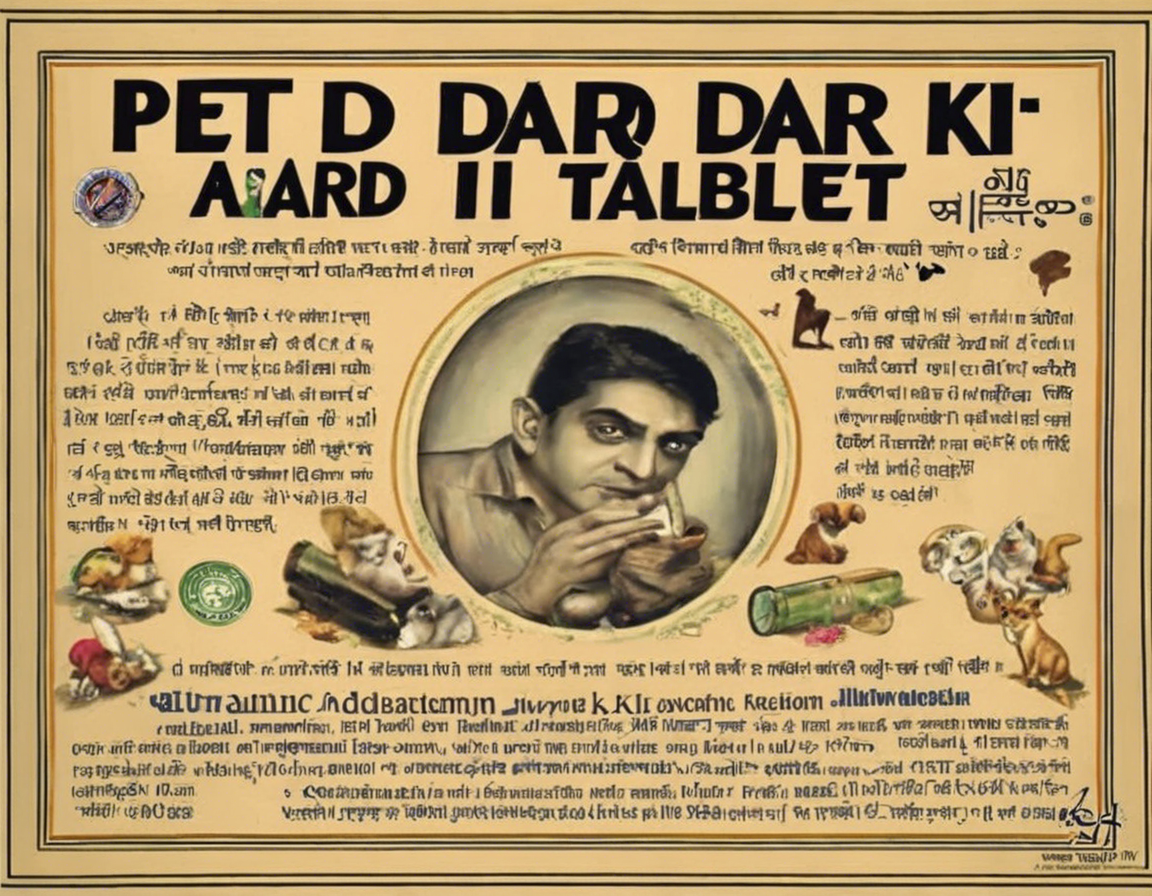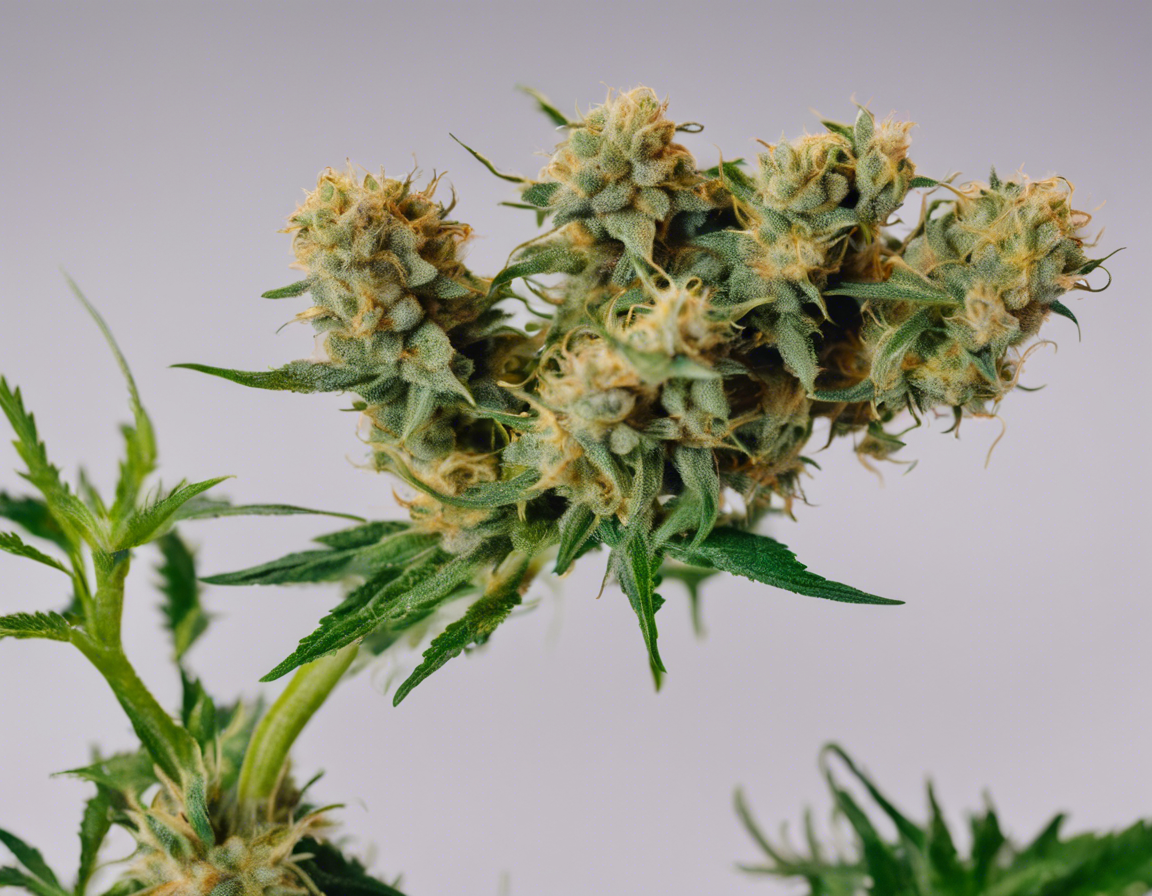Managing pet dard or abdominal pain in pets can be a challenging aspect of pet ownership. Whether caused by gastrointestinal issues, infections, or other underlying conditions, it’s essential to address the pain promptly and effectively. While consulting a veterinarian is crucial for a proper diagnosis and treatment plan, there are various pet dard ki tablet remedies that can help alleviate discomfort in your furry friend. In this comprehensive guide, we will explore different tablets and tips to manage abdominal pain in pets effectively.
Understanding Pet Dard
Abdominal pain, known as pet dard in Hindi, can manifest in various ways in pets. Common signs of abdominal pain in pets include:
– Whining or whimpering
– Lethargy or restlessness
– Changes in appetite
– Vomiting or diarrhea
– Distended abdomen
– Licking or biting at the abdomen
Causes of Pet Dard
Several factors can contribute to abdominal pain in pets, including:
– Gastrointestinal issues: such as gastritis, pancreatitis, or colitis
– Infections: bacterial, viral, or parasitic infections
– Urinary issues: such as urinary tract infections or stones
– Organ problems: involving the liver, kidneys, or spleen
– Trauma: such as blunt force trauma or foreign body ingestion
Pet Dard Ki Tablet Remedies
When it comes to pet dard ki tablet remedies, it’s crucial to select the appropriate medication under the guidance of a veterinarian. Here are some common tablets used to manage abdominal pain in pets:
1. NSAIDs (Non-Steroidal Anti-Inflammatory Drugs)
NSAIDs are commonly prescribed for managing pain and inflammation in pets. However, it’s essential to use NSAIDs specifically formulated for animals, as human NSAIDs can be toxic to pets. Examples of veterinary NSAIDs include:
– Meloxicam
– Carprofen
– Deracoxib
2. Antibiotics
If the abdominal pain is caused by an infection, such as bacterial gastroenteritis, your veterinarian may prescribe antibiotics to address the underlying issue and alleviate discomfort. Common antibiotics for pets include:
– Amoxicillin
– Clindamycin
– Enrofloxacin
3. Probiotics
Probiotics can help restore the balance of good bacteria in your pet’s digestive system, especially after a bout of gastrointestinal issues. Look for pet-specific probiotic supplements containing beneficial strains like Lactobacillus and Bifidobacterium.
4. Antacids
If your pet is experiencing gastrointestinal discomfort due to acid reflux or gastritis, antacids can help neutralize stomach acid and provide relief. Familiar antacid options for pets include:
– Famotidine
– Omeprazole
– Ranitidine
5. Pain Management Supplements
In addition to traditional medications, there are various pain management supplements available for pets that can help alleviate abdominal discomfort:
– Fish oil: containing omega-3 fatty acids with anti-inflammatory properties
– Glucosamine and chondroitin: supporting joint health and mobility, especially in older pets
– CBD oil: with potential pain-relieving and anti-anxiety effects
Tips for Administering Pet Dard Ki Tablets
Administering medication to pets can be challenging, especially when they are in pain or discomfort. Here are some tips to help make the process of giving pet dard ki tablets easier for both you and your furry companion:
- Hide the tablet in food: Conceal the tablet in a small amount of food that your pet finds irresistible, such as cheese or peanut butter.
- Use pill pockets: Pill pockets are treats with a built-in pouch where you can insert the tablet, making it easier to disguise the medication.
- Practice gentle restraint: If your pet is resistant to taking the tablet, gently hold them to prevent spitting out the medication.
- Offer praise and rewards: After giving the tablet, praise your pet and offer a treat as a reward for cooperation.
- Consider liquid formulations: If your pet refuses to take tablets, ask your veterinarian if a liquid formulation of the medication is available.
Frequently Asked Questions (FAQs) About Pet Dard Ki Tablet Remedies
Q1: Can I give my pet over-the-counter painkillers for abdominal pain?
A: No, it’s crucial to avoid giving human painkillers like ibuprofen or acetaminophen to pets, as they can be toxic. Always consult a veterinarian for appropriate pet-specific pain relief options.
Q2: How long does it take for pet dard ki tablets to show relief?
A: The onset of relief can vary depending on the medication and the underlying cause of abdominal pain. Some medications may provide immediate relief, while others might take a few days to show noticeable effects.
Q3: Are there any side effects of pet dard ki tablets?
A: Like any medication, pet dard ki tablets can have side effects. Common side effects may include gastrointestinal upset, liver or kidney problems, or allergic reactions. Always follow your veterinarian’s instructions and monitor your pet for any adverse reactions.
Q4: Can I adjust the dosage of pet dard ki tablets on my own?
A: No, it’s essential to follow the prescribed dosage provided by your veterinarian. Adjusting the dosage without professional guidance can be harmful to your pet’s health.
Q5: Are there any natural remedies for pet dard?
A: While some natural remedies like ginger or chamomile may help alleviate mild gastrointestinal discomfort, it’s crucial to consult your veterinarian before administering any natural supplements to your pet.
Q6: Can I use human probiotics for my pet’s abdominal pain?
A: It’s generally recommended to use probiotics specifically formulated for pets, as human probiotics may contain ingredients that are harmful or ineffective for animals.
Q7: How can I prevent abdominal pain in my pet?
A: To prevent abdominal pain in pets, ensure they have a balanced diet, regular exercise, access to fresh water, and routine veterinary check-ups to detect any health issues early.
Q8: What should I do if my pet is experiencing severe abdominal pain?
A: If your pet is showing signs of severe abdominal pain, such as bloating, restlessness, or persistent vomiting, seek immediate veterinary attention, as it could indicate a serious underlying condition.
Q9: Can stress cause abdominal pain in pets?
A: Yes, stress and anxiety can contribute to gastrointestinal issues and abdominal discomfort in pets. Providing a calm and comfortable environment for your pet can help reduce stress-related abdominal pain.
Q10: Are there dietary changes I can make to help manage my pet’s abdominal pain?
A: Depending on the underlying cause of abdominal pain, your veterinarian may recommend specific dietary changes, such as a bland diet, low-fat food, or hypoallergenic diet to support digestive health and alleviate discomfort.
In conclusion, managing abdominal pain in pets requires a comprehensive approach that involves appropriate medication, veterinary guidance, and attentive care. By understanding the causes of pet dard and utilizing effective pet dard ki tablet remedies, you can help alleviate your pet’s pain and improve their overall well-being. Remember to always consult your veterinarian before administering any medication or treatment to your furry companion for safe and effective pain management.


